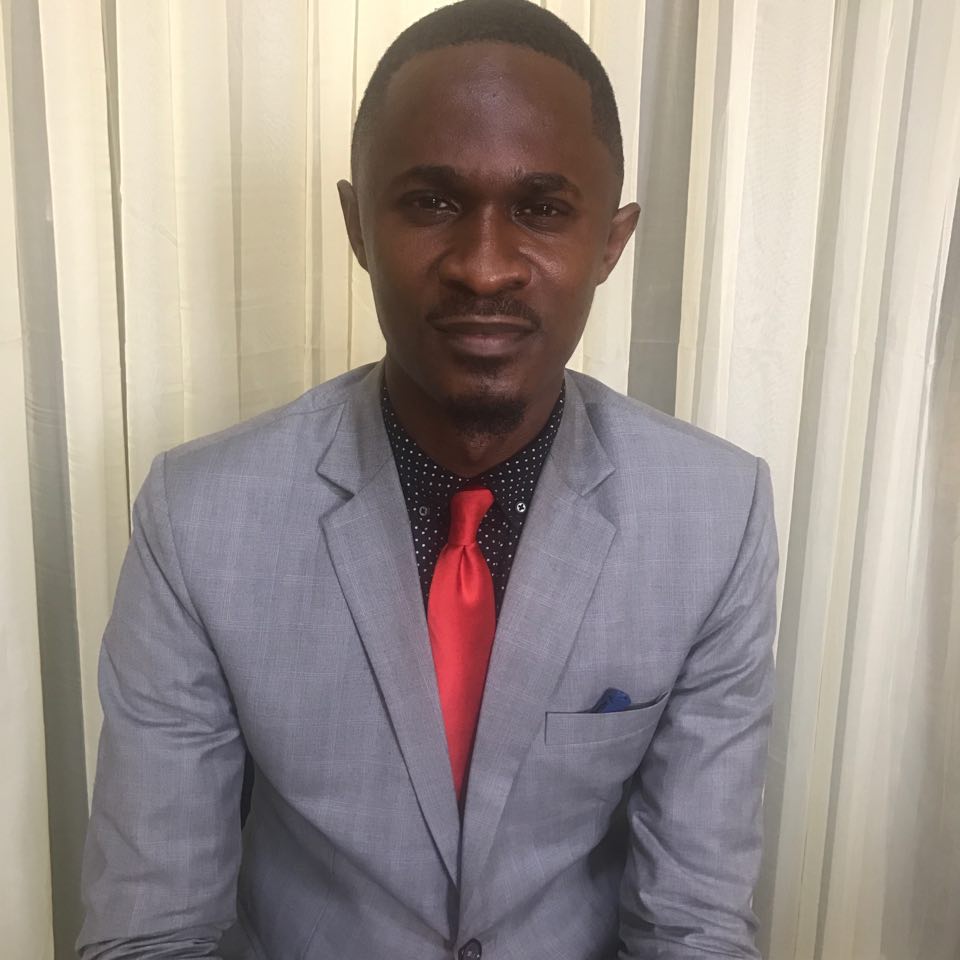
Emerging Liberian Diplomat, Researcher, Lecturer and a youth development personality. His interest areas include: Diplomacy, academia, sustainable Development, Human Security, gender sensitivity, research and corporate social responsibility etc.
He has earned a Master of Arts in Diplomacy Law and Business (MADLB) from the prestigious Jindal Global University in India. He holds a Post Graduate Diploma in Diplomacy and Contemporary International Relations from the Gabriel L. Dennis Foreign Service Institute of the Ministry of Foreign Affairs. He earned a BA in Sociology with distinction from the Cuttington University, Suakoko Bong County.
He is the Coordinator and Officer in Charge of Liberia’s Premier Institute for diplomatic training; Gabriel L. Dennis Foreign Service Institute of the Ministry of Foreign Affairs. He is a Lecturer of the Political Science Department of the AME University, Liberia.
His passion to drive empirical approaches and youth development positions him as the Executive Director of one of Liberia’s branded NGOs: Liberia Research and Development Networks (LRDN).
He served as Lead Researcher on the recently launched news Magazine of the Liberia National Archives titled: Liberia and the United Nations: A Long Journey of Partnership.
Known for dedication to duty, has been acknowledged by the Minister of Foreign Affairs for facilitating two major protocol training which have significant responded to the demand of Protocol services in Liberia.
His strong argument portrays the need to strengthen education at all levels of the Liberian Society.
In providing for better living standards and upholding progressive and prosperous societies across the world over, scholars, academics, politicians , including state and non-state actors at the level of policy formulation and implementation have designed models, techniques and sundries of approaches in response.
Amidst the many challenges as in Climate change, poverty, youth unemployment, there have been significant scientific discoveries, technological advancements and innovations for the betterment of mankind which can be essentially linked to the model or ideology of research and development.
This has fast influenced developments in technology which has positive marriages with globalization.
This has also influenced our ways of conducting teaching and learning programs considering the use of the internet and other e-learning platforms.
The ideals of research and development are far embracing. Beyond just the identification of problems, it spans in to matching methods and procedures which result to findings necessary to address some of the complex problems populations are confronted with.
Research and Development is situated at the core of policy discussions. For example Mary-Louise Kearney, Director of the UNESCO Forum on Higher Education, Research and Knowledge has espoused that, Knowledge generated by research is the basis of sustainable development, which requires that knowledge be placed at the service of development, be converted into applications, and be shared to ensure widespread benefits.”
At the level of university and other higher institutions, research and development provides the basis for problem identification, critical thinking, information gathering and sharing as well as problem solving through guided steps/ procedures.
However, there are noticeable challenges across most if not all institutions of higher learning in Liberia. These problem embody lack of the structures, trained faculty members in the area, limited institutional collaborations, finance for research projects and clear pattern to ensure the application of significant research practices.
This is very crucial especially for a developing nation-state like country Liberia especially mirroring emphasis which have been made on this at many forums on education. A famous one comes from Philip Altbach of Boston College at a talk organised by the Head Foundation at the Singapore Management University on the future of higher education in Boston and Singapore who mentioned that “Universities have been the source of research for more than 200 years, and need to continue as such. They are the only societal institutions that will carry out basic research, and they need to be supported by the government accordingly.”
But it can be further expanded that when governments have low capacity either due to limited political will or evident lack of needed resources, other forms of partnerships can be viewed necessary.
The Global Education Forum will firstly create a platform for the exchange of views and knowledge sharing that will lead into partnerships that will result to local actions which significantly address issues of research and development at Higher Institutions of Learning in Liberia.